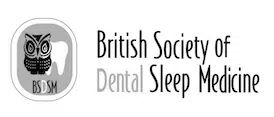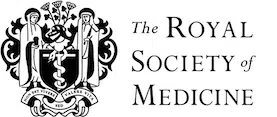OSA sleep apnoea is a serious condition often linked with snoring but poses significant health risks beyond disrupted sleep. This disorder occurs when the upper airways narrow during sleep, leading to interrupted breathing, reduced oxygen levels, and brain microarousals. Key markers of sleep OSA that call for expert evaluation are symptoms including unrefreshing sleep, daytime tiredness, mood changes, and loud snoring.
Left untreated, OSA sleep apnoea can lead to severe complications, including:
- Cardiovascular diseases
- Stroke
- Type-2 diabetes
- Neurocognitive disorders, such as a higher risk of Alzheimer’s Disease
- Increased risk of road and workplace accidents
These health risks arise from chronic oxygen deprivation and the stress caused by repeated sleep interruptions.
Visiting a sleep apnoea clinic is crucial for appropriate diagnosis and treatment if you are suffering symptoms of sleep apnoea.










